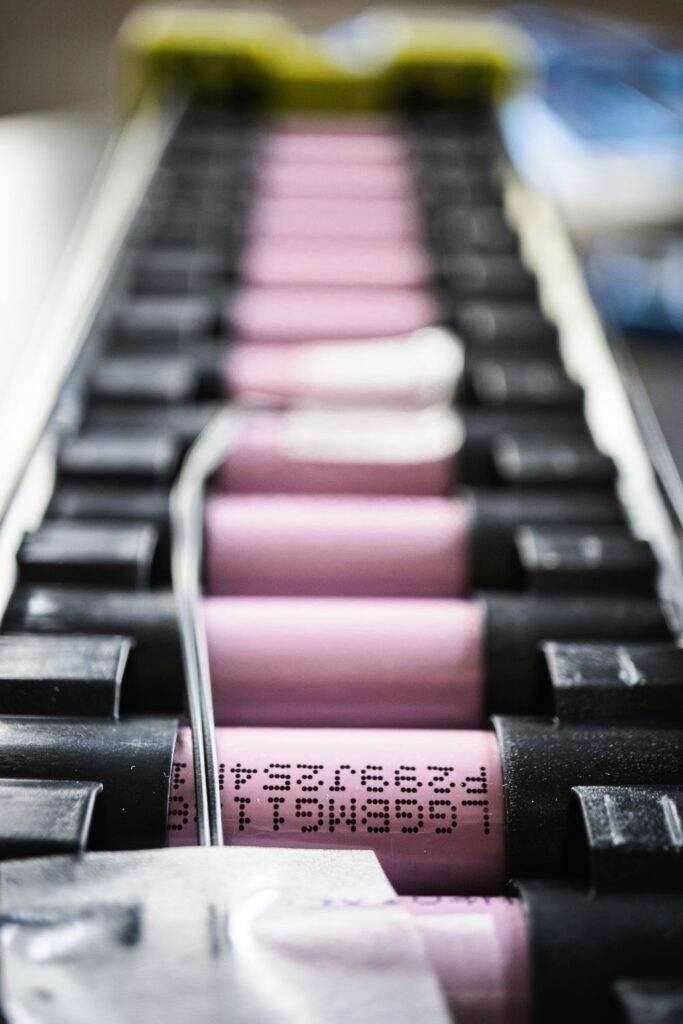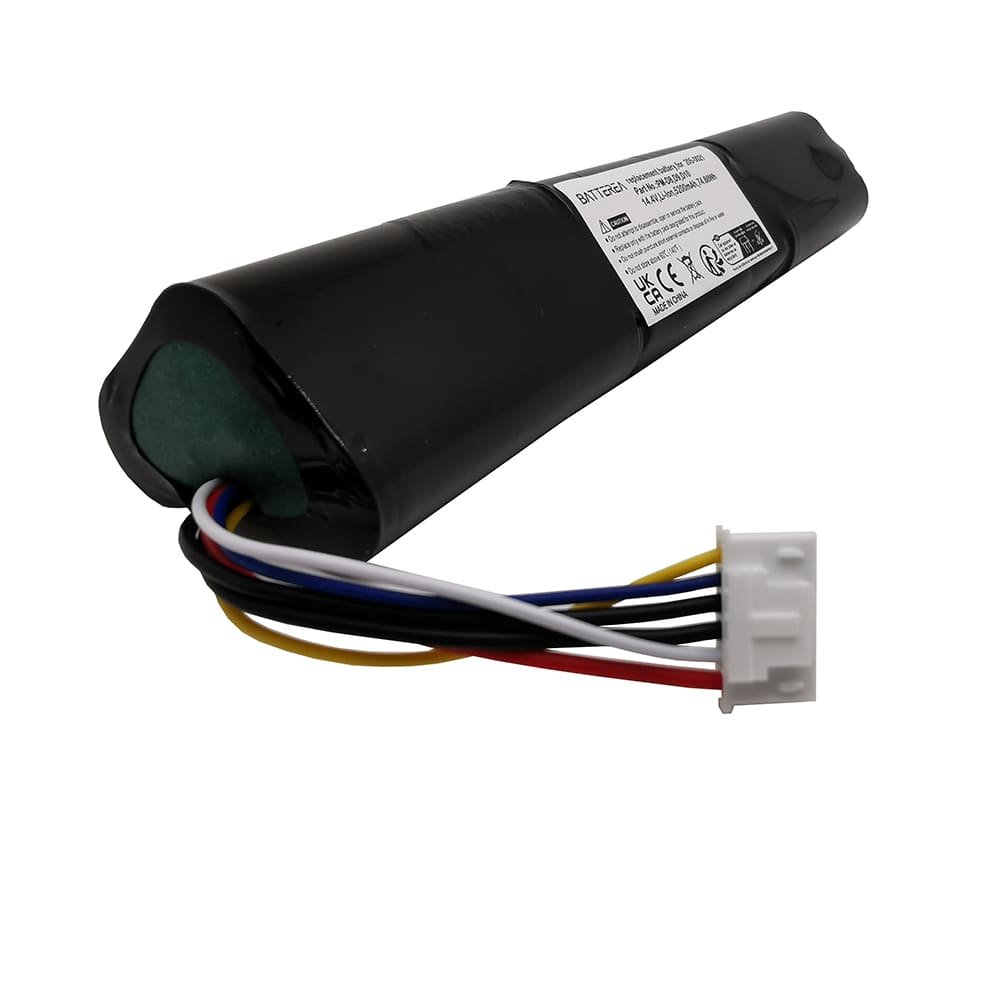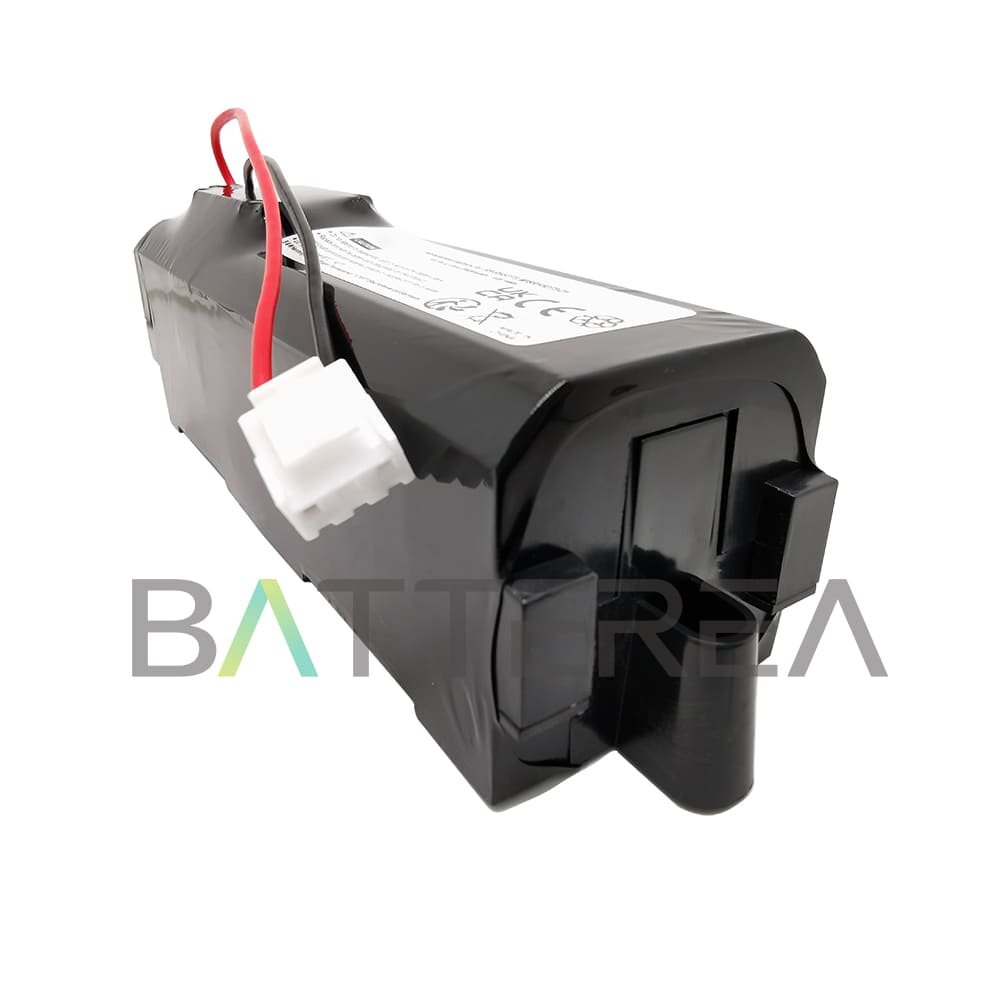Lithium-ion batteries are widely used in modern devices due to their efficiency and rechargeable nature. However, their disposal requires careful attention to prevent environmental harm and safety hazards. Here’s an in-depth look at how to dispose of lithium-ion batteries responsibly:
1. Why Proper Disposal is Crucial
Lithium-ion batteries contain materials like lithium, cobalt, nickel, and manganese, which can be harmful if released into the environment. Improper disposal can lead to:
- Environmental Pollution: Toxic chemicals can leach into soil and water, harming wildlife and ecosystems.
- Fire Hazards: Damaged or improperly disposed batteries can short-circuit and cause fires, posing significant risks.
- Resource Loss: Recycling lithium-ion batteries allows the recovery of valuable metals, reducing the need for new mining activities.
2. Do Not Dispose of in Regular Trash
Throwing lithium-ion batteries in household trash is illegal in many places because they are classified as hazardous waste. Regular trash and recycling facilities are not equipped to handle the specific dangers these batteries present, which could lead to:
- Fires during transport or processing
- Release of hazardous chemicals
- Contamination of recyclable materials
3. Use Authorized Recycling Programs
Many governments and organizations have established specialized recycling programs for lithium-ion batteries. These programs ensure that batteries are processed safely and that valuable materials are recovered. Here’s how you can find and use these services:
- Local Recycling Centers: Many municipalities offer drop-off points or special collection events for batteries. Check with your local waste management authority.
- Retail Drop-Off Points: Retailers like electronics or hardware stores often have dedicated battery recycling bins. Some major chains even accept batteries at no charge.
- Online Directories: Websites like Call2Recycle offer directories to find nearby recycling locations based on your zip code.
4. Preparing Batteries for Disposal
Before taking your batteries to a recycling location, it’s important to prepare them correctly to avoid any safety risks:
- Cover Battery Terminals: Use non-conductive tape (like electrical tape) to cover the terminals of each battery. This prevents short circuits during transport.
- Bag Each Battery: Place each battery in its own plastic bag. This further reduces the risk of contact with other batteries or metal objects.
- Avoid Damage: Do not attempt to puncture, crush, or dismantle the battery before disposal. Damaged batteries can be highly volatile.
5. Consider Manufacturer Take-Back Programs
Many manufacturers of electronic devices or battery brands offer take-back programs, where they accept used batteries for recycling. This is particularly useful if you are disposing of a large number of batteries. Some benefits include:
- Direct Return: You can often send the batteries back to the manufacturer using pre-paid shipping labels.
- Ensured Recycling: The manufacturer ensures that the batteries are recycled according to industry standards, often recovering rare and valuable materials.
6. Storage Before Disposal
If immediate disposal or recycling isn’t possible, proper storage is essential to minimize risks:
- Cool, Dry Place: Store batteries in a cool, dry location away from flammable materials. Avoid direct sunlight or heat sources.
- Avoid Prolonged Storage: While short-term storage is sometimes necessary, prolonged storage can increase the risk of leakage or fire, especially with older or damaged batteries.
7. Legal and Regulatory Considerations
Different countries and regions have specific regulations regarding the disposal of lithium-ion batteries:
- Hazardous Waste Classification: In many areas, lithium-ion batteries are classified as hazardous waste, requiring special handling.
- Recycling Mandates: Some regions mandate that all lithium-ion batteries must be recycled. Check local laws to ensure compliance.
- Penalties for Improper Disposal: Fines or legal action can be taken against those who improperly dispose of lithium-ion batteries.
8. Special Considerations for Large or Industrial Batteries
For large-scale lithium-ion batteries, such as those used in electric vehicles or industrial applications, specialized disposal services are often required:
- Contact the Manufacturer: Manufacturers of large batteries often provide specific instructions and services for end-of-life disposal.
- Use Certified Disposal Services: For very large or damaged batteries, use certified hazardous waste disposal companies that specialize in handling and recycling large lithium-ion batteries.
Conclusion
Disposing of lithium-ion batteries responsibly is crucial for environmental protection, safety, and resource conservation. By following these detailed guidelines, you can ensure that your batteries are recycled in a way that minimizes risks and supports sustainability efforts.








